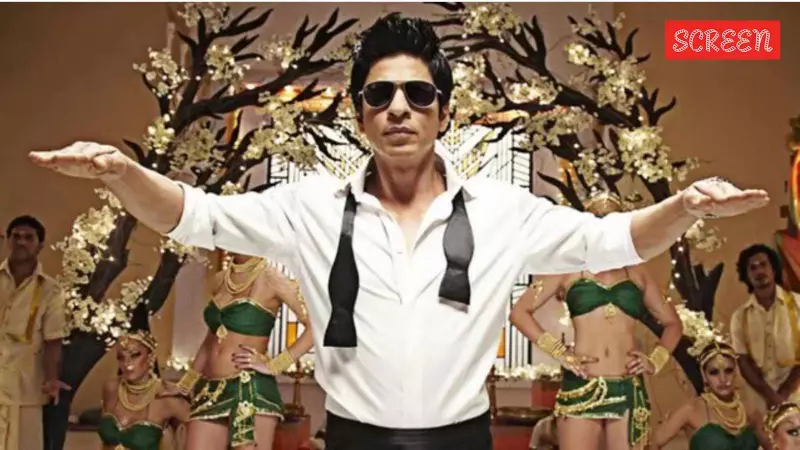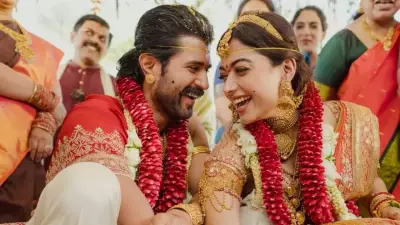
Singer Krishna Beuraa, renowned for his powerful vocals in Shah Rukh Khan's iconic Chak De India track "Maula Mere," has recently exposed a startling practice within the Bollywood music industry. The artist revealed that his recorded version for the popular Ra.One song "Dildara" was unexpectedly replaced at the final moment by director Anubhav Sinha.
The Common Yet Unfair Practice in Bollywood
During an exclusive interview with Siddharth Kannan, Krishna Beuraa detailed how music composers in the Hindi film industry frequently invite four to five different singers to record separate versions of the same composition. The composers later select only one voice that they believe fits the song perfectly, leaving the other artists uncompensated for their efforts.
Krishna explained that this industry norm primarily affects emerging and mid-level singers rather than established A-list artists. "They straightaway say no to your face and don't even pay," the singer revealed. "They even tell this to your face in the beginning that only the person whose voice will be selected will get the payment. This has happened to me and I felt bad because I worked for that song."
The singer emphasized that well-known playback artists typically receive recording opportunities only when composers are confident about finalizing their voices. He noted that instances of A-list singers being replaced remain exceptionally rare in the industry.
The Ra.One Disappointment and Vishal Dadlani's Response
Krishna Beuraa specifically recalled his disappointing experience with the Shah Rukh Khan-starrer Ra.One, where music directors Vishal-Shekhar had personally invited him to record "Dildara." According to the singer, he completed the entire song recording, and everyone involved expressed tremendous enthusiasm for his version.
"Everything was finalised. They loved it, and everybody was gaga about it," Krishna remembered. However, just three days later, when he contacted Vishal Dadlani for updates, he received shocking news. "Vishal told me that Anubhav Sinha wants a different voice for the song, which is similar to Kishore Da and I am sounding too much like Nusrat Fateh Ali Khan."
The situation became more perplexing when Krishna discovered that Pakistani singer Shafqat Amanat Ali had ultimately recorded the final version. "But Shafqat doesn't sound like Kishore Kumar. In fact, his rendition was similar to me," the singer noted, highlighting the inconsistency in the director's reasoning.
Krishna expressed his belief that established composers like Vishal and Shekhar possessed sufficient influence to convince the director otherwise, yet they chose not to intervene. When he confronted Vishal Dadlani about the replacement, the composer delivered a memorable response: "Shit happens, bro… Welcome to Bollywood."
Even Established Stars Face Similar Challenges
The singer further revealed that this practice isn't limited to emerging artists alone. Even renowned playback singer Sonu Nigam has encountered similar situations where his recorded versions were replaced by other artists.
"It happened with Sonu Nigam. His voice was taken out in many songs and other singers replaced him," Krishna stated. He emphasized that composers should ideally determine the suitable voice before proceeding with recordings to prevent such scenarios.
This revelation sheds light on the often-unseen challenges faced by playback singers in Bollywood, where uncertainty and last-minute changes remain commonplace, particularly for artists still establishing their careers in the competitive industry.






